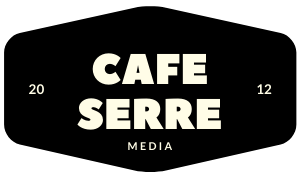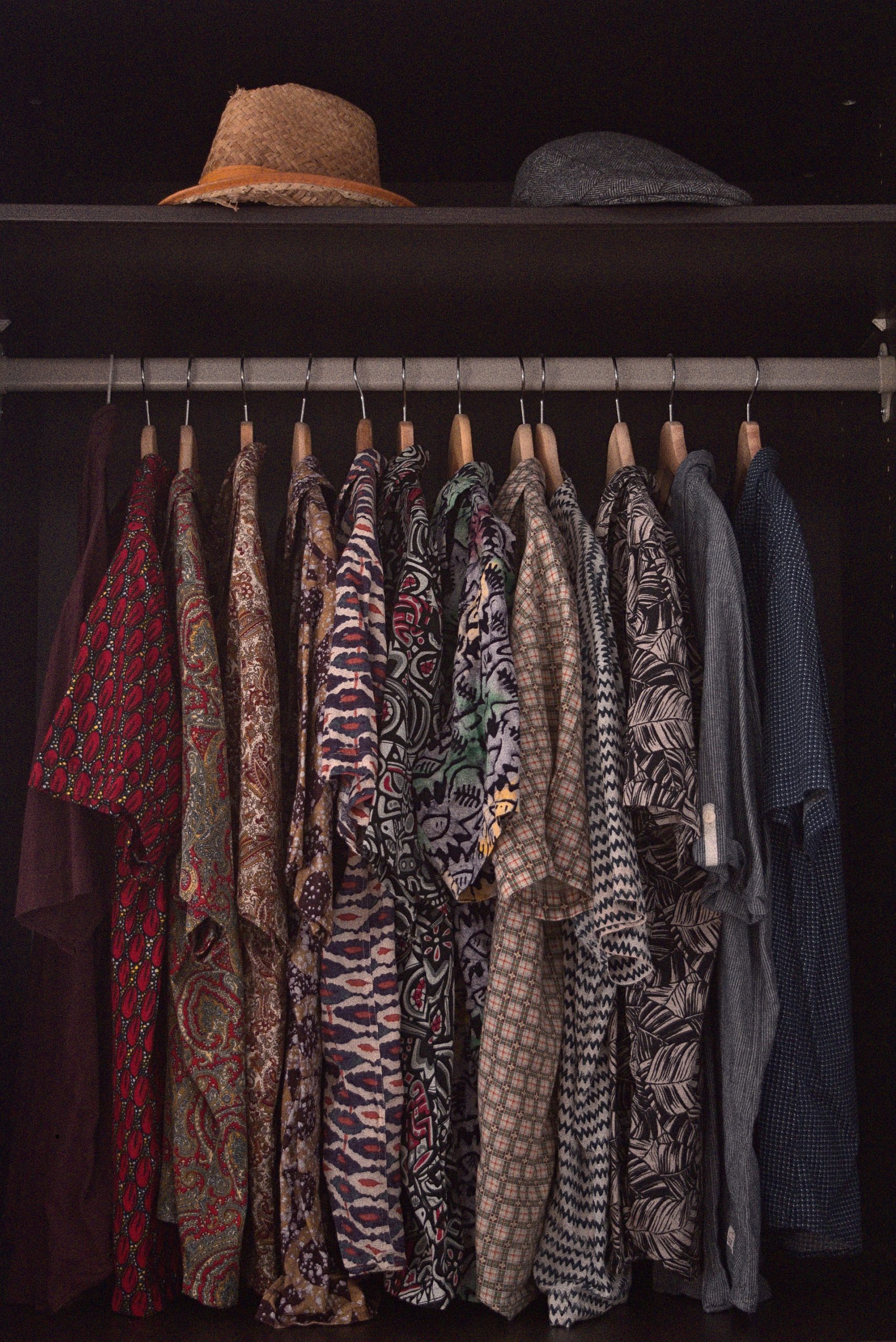How to Stay True to Yourself as a Modern Consumer
Many young people in our society are becoming more and more concerned with the ethical practices of large companies. Capitalism has become such a driving force in our society; it impacts politics, livelihoods, and how we view the world in general. Younger generations have become aware of questionable business practices and are choosing to reject many aspects of capitalism and consumerism. Although it’s not possible to exist in our society without participating in capitalism in some way, it’s possible to make smarter, more ethical decisions as a consumer. Staying informed on how companies are operating and if their values do or don’t align with your own is the best way to be a conscious consumer.

Being an Ethical Consumer
One industry that has been especially contentious throughout the past few years is the diamond business. Consumers have become aware of how diamonds are not typically sourced ethically and the price of natural diamonds is usually artificially inflated. These ethical concerns have caused buyers to move away from the diamond industry and begin to more commonly purchase synthetic diamonds. Using lab diamonds for engagement rings and other jewelry has proven to be more than just a fad— it’s a conscious consumer choice that is highly beneficial.
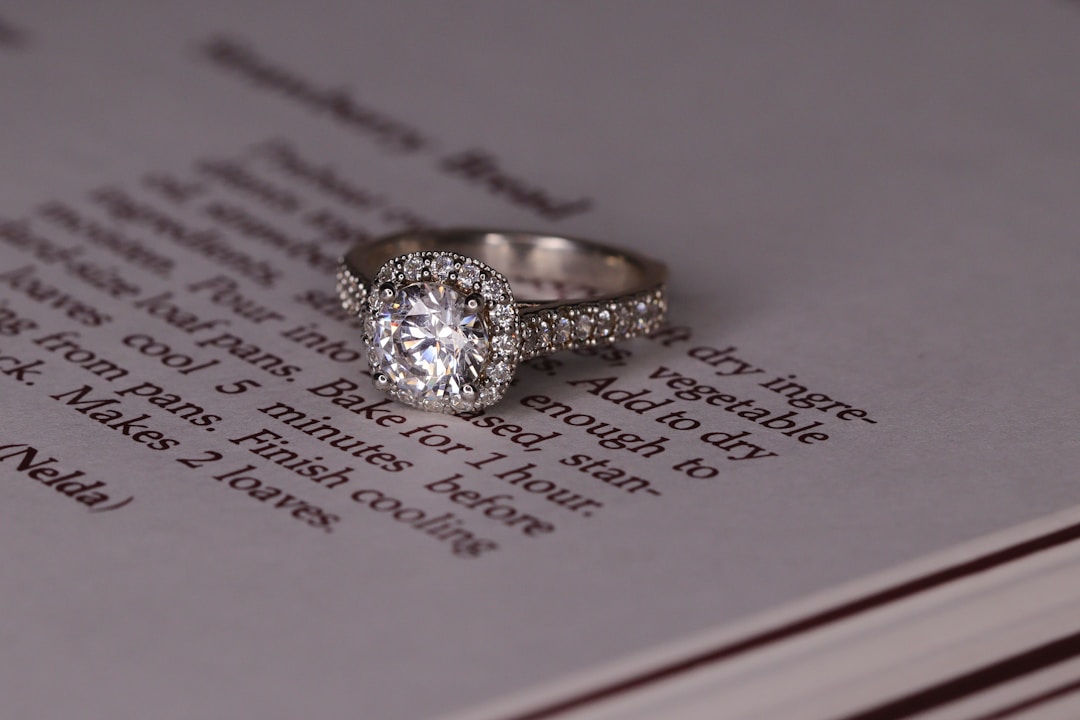
Not many people know exactly why lab-grown diamonds are actually better, but when you look into the distinctions between the two, the benefits are plain as day. From the naked eye, a diamond ring with a lab diamond and one with a natural diamond is almost indistinguishable. The average person wouldn’t call the authenticity of lab diamond jewelry into question. Lab diamonds are just are durable as mined diamonds, and they don’t come with the environmental impact or carbon footprint that’s seen with real diamonds. The physical properties and crystal structure are nearly identical to the naked eye, and it often takes a professional jeweler to tell the two apart.
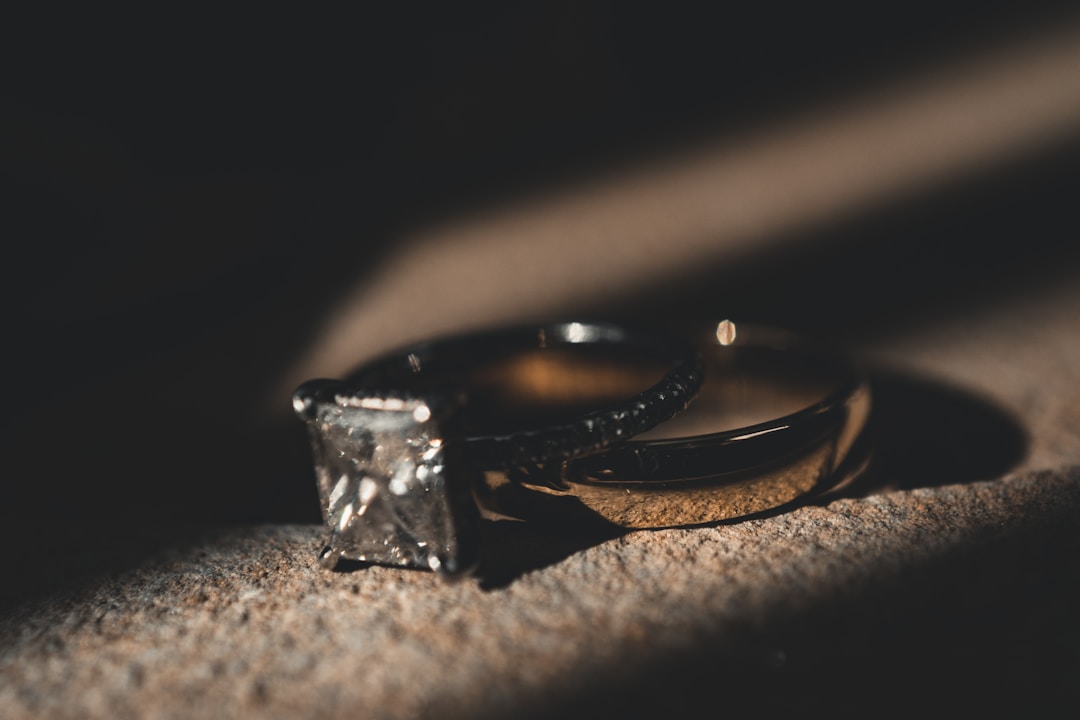
It’s often assumed that diamond prices are so high because of the rarity of the real diamond gems, but the truth is the diamond market and jewelry industry has artificially inflated the price of natural diamonds for decades. The fact of the matter is that the overall price of natural diamonds has little to do with the gem-quality and carats of the natural stone. You may have heard of the terms “blood diamonds” or “conflict diamonds,” and these terms refer to the political and violent behind-the-scenes happenings of the diamond industry. This is the true cost of purchasing real diamond jewelry. Thankfully, synthetic diamond gemstones have the same sparkle and clarity as the real thing, the only real difference is that lab diamonds and cubic zirconia are created ethically.
The Importance of Inclusivity and Diversity in Brands
With today’s younger generations becoming hyper-aware of brands’ shortcomings, it’s fair to say that the brands that don’t try harder to be more ethical and inclusive will not last. Millennials and Gen-Z together make up the majority of consumers in our society today, meaning they have the buying power. If Millennials and Gen-Z have a bad perception of a particular brand, it’s very likely that this brand will begin to fade away.
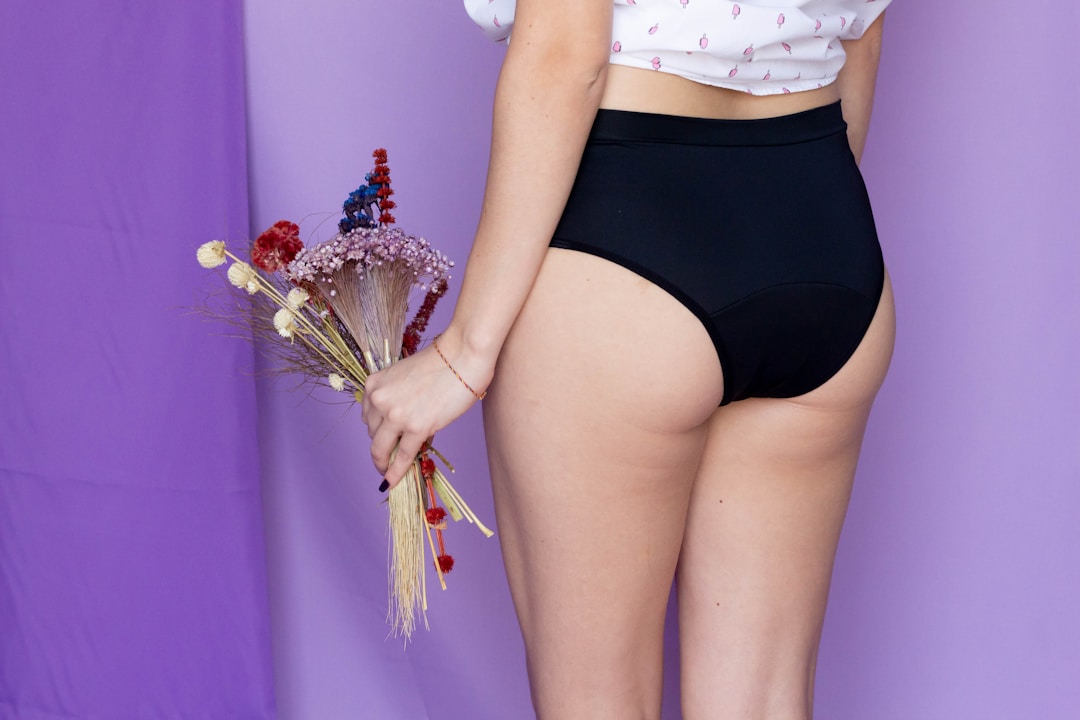
One movement that has gained significant traction in the last year is the body positivity movement. Buyers want to shop from brands that recognize and celebrate their body types. For so long, brands have only shown extremely thin bodies, and this body type had become the “norm” for society. While we know that thin bodies are not the norm and not the average, it’s taken a lot of hard work from the body positivity movement to normalize fat bodies. This hard work has begun to pay off as brands are now recognizing how critical it is to serve all bodies, not just the thin few.
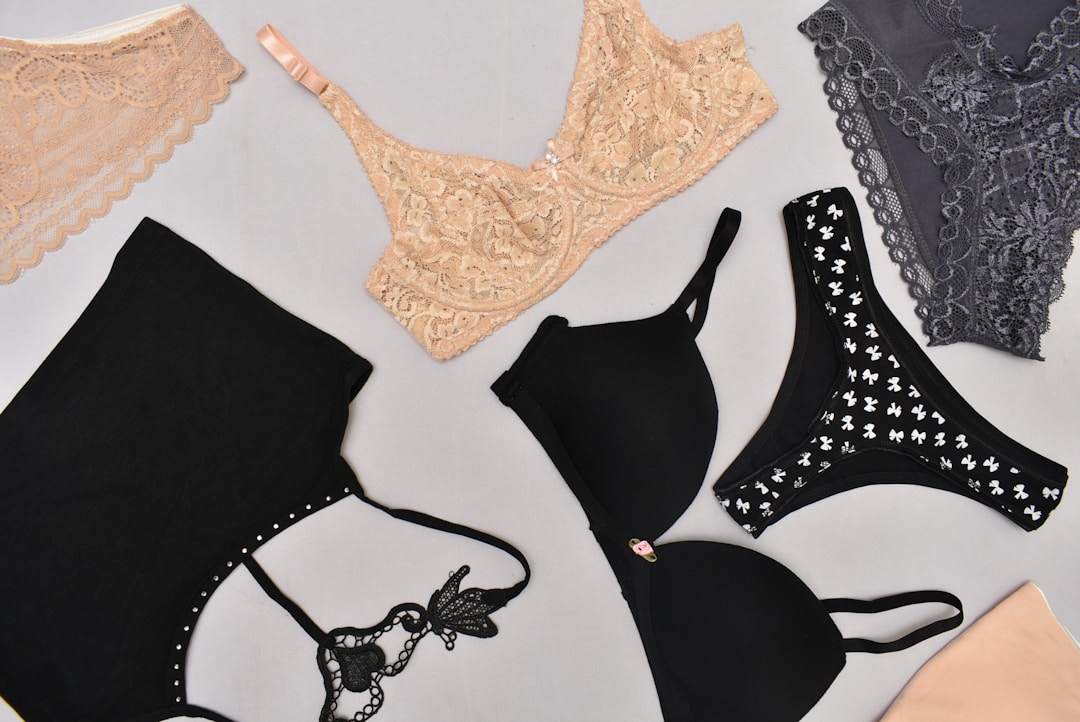
The company TellTale (MyTellTale.com) is one brand, in particular, that’s working hard to break away from the binary norms and traditional expectations of society and serve all body shapes and sizes. They understand that everybody type should be normalized, not stigmatized. They create lingerie and everyday undergarments that inspire confidence and comfort for all bodies. My TellTale is one brand that realized how non-inclusive the majority of lingerie brands were when it came to sizes— so they decided to take a stand. Buyers and consumers are more commonly seeking out brands like My TellTale that are putting in the effort of diversifying their product sizes, models, and designers.
There are so many companies to choose from these days that, with just a little planning, it shouldn’t be hard to find one that fits your values and lets you stay true to yourself.
